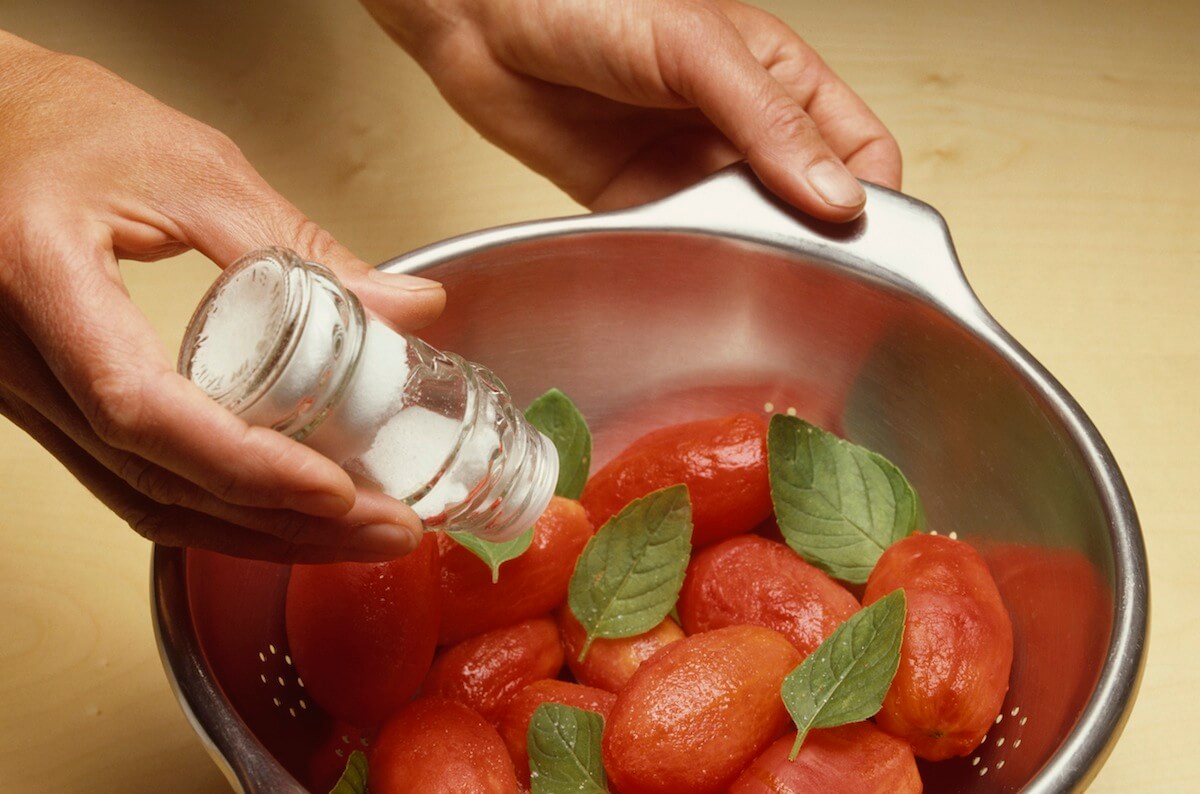Sugar may be the new bad boy of the nutrition world, but that doesn’t mean salt is off the hook. A new study found that just because salt isn’t raising your blood pressure doesn’t mean you can go to town on an entire bag of potato chips. Two scientists at the University of Delaware showed that even without the classic marker of high blood pressure, eating too much salt is hurting the blood vessels, heart, kidneys and even the brain. Circulation suffers not just because of harder artery walls, but reduced functioning of the endothelium, which lines blood vessels. Endothelial cells have a role in coagulation and immune response. RELATED: Why eating too much sugar is worse than salt Salt may also leave you feeling more keyed up by stimulating the sympathetic nervous system, which regulates hormones like adrenaline.
“Chronically elevated dietary sodium may ‘sensitize’ sympathetic neurons in the brain, causing a greater response to a variety of stimuli, including skeletal muscle contraction,” co-author William Farquhar says. The American Heart Association’s recommendation of eating less than 1,500 mg of sodium a day is based on salt’s known effects on the heart and circulation, but the new research suggests even that may be too much when it comes to the rest of the body. But cutting back on how much salt you put on your food probably isn’t enough. “Approximately 70 percent of the sodium in our diets comes from processed foods, including items that we don’t typically think of as salty, such as breads and cereals,” says co-author Dr. William Weintraub at Christiana Care Health System. “Also, restaurant food typically contains more salt than dishes prepared at home.”
A high-sodium diet could be hurting more than your heart

Getty Images


















